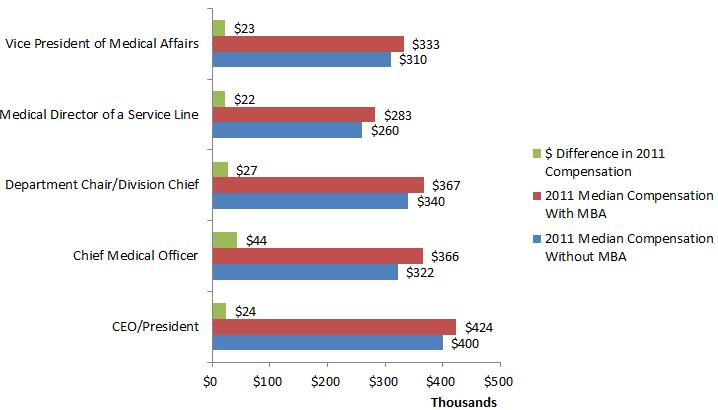TECHNOLOGICAL revolutions are best appreciated from a distance. The great inventions of the 19th century, from electric power to the internal-combustion engine, transformed the human condition. Yet for workers who lived through the upheaval, the experience of industrialisation was harsh: full of hard toil in crowded, disease-ridden cities.
The modern digital revolution—with its hallmarks of computer power, connectivity and data ubiquity—has brought iPhones and the internet, not crowded tenements and cholera. But, as our special report explains, it is disrupting and dividing the world of work on a scale not seen for more than a century. Vast wealth is being created without many workers; and for all but an elite few, work no longer guarantees a rising income.
Computers that can do your job and eat your lunch
So far, the upheaval has been felt most by low- and mid-skilled workers in rich countries. The incomes of the highly educated—those with the skills to complement computers—have soared, while pay for others lower down the skill ladder has been squeezed. In half of all OECD countries real median wages have stagnated since 2000. Countries where employment is growing at a decent clip, such as Germany or Britain, are among those where wages have been squeezed most.
In the coming years the disruption will be felt by more people in more places, for three reasons. First, the rise of machine intelligence means more workers will see their jobs threatened. The effects will be felt further up the skill ladder, as auditors, radiologists and researchers of all sorts begin competing with machines. Technology will enable some doctors or professors to be much more productive, leaving others redundant.

















